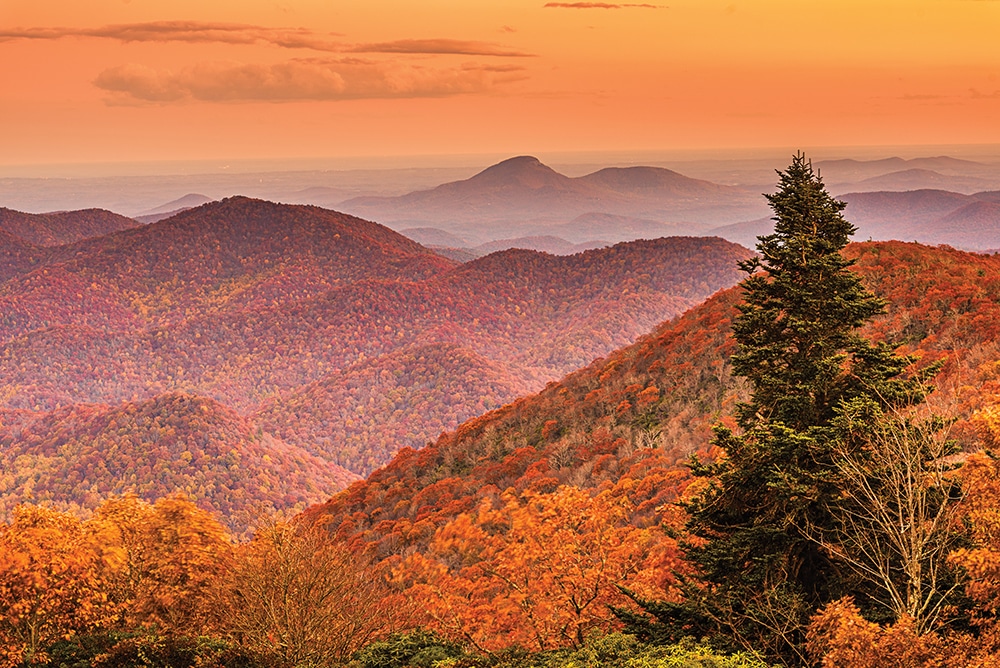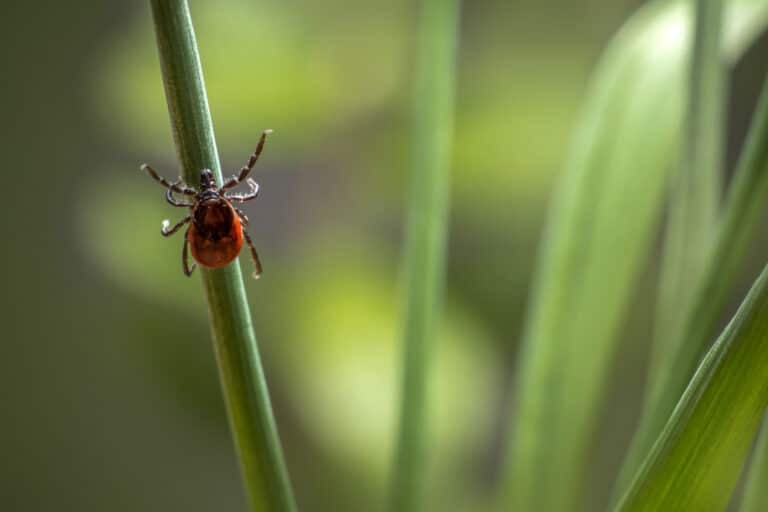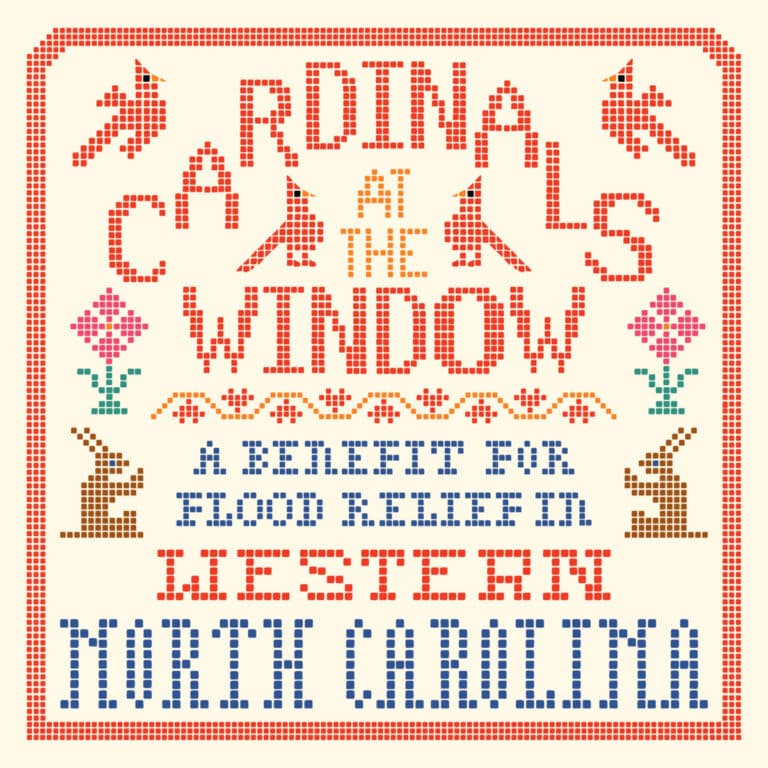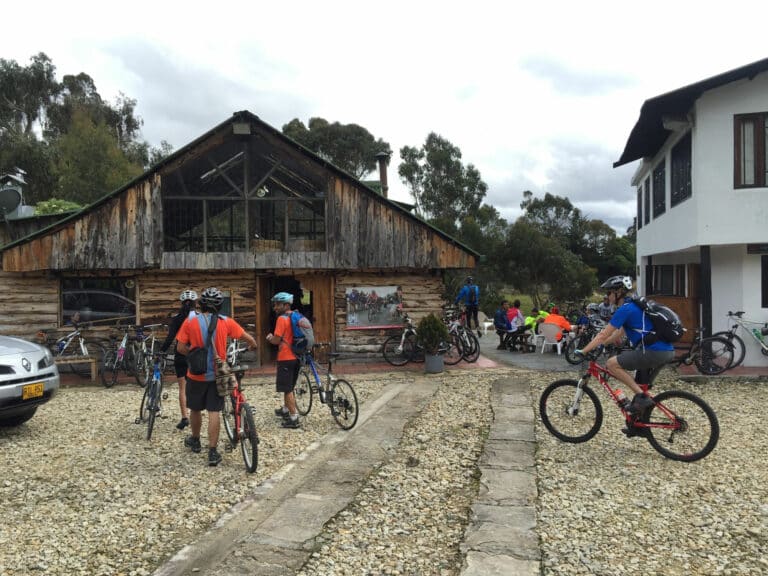I go to nature to escape from the noisy world of people. The outdoors transcends my little life and its pesky problems, and for a while at least, I can immerse myself in a world without people or conflict. Back at the crowded trailhead, however, I must acknowledge a hard truth: people call the shots, even over the natural world.
You and I are the co-owners of 640 million acres of public lands. It is one of our greatest opportunities and responsibilities as Americans. Not only do we get to explore and enjoy these awe-inspiring landscapes, but we also decide how they will be managed and protected for future generations.
For a long time, I assumed that public lands were permanently protected. But the green spaces on the map are constantly under attack. Uranium mining is proposed for the Grand Canyon. Titanium mining is slated for the Okefenokee Swamp. Most of Bears Ears National Monument has been opened to oil and gas drilling. Logging has been proposed for the old-growth of the Tongass—the world’s largest temperate rain forest. Pipelines can cross the Blue Ridge Parkway and the Appalachian Trail.
Our public lands are perpetually targeted by people who want to profit from them. We must constantly play defense against much wealthier and more influential mining, logging, and fossil fuel corporations. Yet most Americans agree with this basic truth: Extractive industries do not belong on our public lands. No one group should be able to plunder publicly owned forests, mountains, and rivers. Our public lands are far too valuable for the rest of us.
Public lands protect most of the country’s drinking water, clean our air, shelter thousands of rare species, and provide endless opportunities for adventure. Protecting public lands is the cheapest and easiest way to combat climate change—and also the best way to revitalize rural communities. Outdoor recreation on public lands generates more jobs and revenue than coal, oil, and gas combined. Our publicly owned forests are far more valuable standing than cut down. And our public lands generate far more long-term revenue and jobs than any short-term profits from drilling, logging, and mining them.
Some folks think we should keep politics out of our pages, and I understand where they are coming from. The outdoor experience transcends politics. Everyone loves to walk in the woods, breathe fresh air, and hear the sound of cascading water. I certainly get it: sometimes I just want to go for a run and not think about politics. My time on the trail is sacred. But afterward, when I return to the concrete world, can I give something back to the places that have given me so much?
Now more than ever, public lands need our voice. The current administration is responsible for the largest reduction of public lands in history.
It has also gutted the Endangered Species Act, Clean Power Plan, National Environmental Policy Act (NEPA), the Migratory Bird Treaty Act, and Clean Water Rule—and also rolled back the Clean Air Act and health standards for mercury, methane, coal ash, and ozone pollution. It has proposed opening Atlantic coastal waters to offshore drilling. This administration has declared war on public lands and public health.
Like it or not, the future of our forests depends wholly on whom we elect. Public lands are political—because people ultimately decide their fate.
However, public lands aren’t necessarily partisan. Both parties have been champions of public lands and conservation. Republicans created the first national park and the first national forest reserves. Richard Nixon established the EPA and signed into law the Endangered Species Act, NEPA, and the Clean Air Act. George H.W. Bush strengthened the Clean Air Act to combat acid rain and signed the first United Nations Convention Framework on Climate Change.
Conservatives care deeply about conservation. Lately, though, it seems the Republican party has abandoned them. Republicans have introduced bills to sell millions of acres of public lands to private owners. In 2017, the Republican-led Congress voted to open the Arctic National Wildlife Refuge to oil and gas drilling for the first time. Leasing of other public lands for oil and gas drilling, including national forests, is accelerating across the country.
But there is hope: this summer, a bipartisan Congress passed the Great American Outdoors Act, which permanently provides $900 million each year to acquire and protect public lands. It also provides $9 billion to support maintenance of existing national parks.
November offers an unprecedented opportunity to make public lands a political priority: We can expand our parks and forests. We can strengthen our conservation laws. Our public lands can provide the bedrock that unites us.
The pandemic has revealed even more clearly the value of public lands. Americans of all backgrounds have flocked to national forests, parks, and rivers during these tough times. Public lands have become increasingly vital to the health of our country.
Public lands do not have to be divisive. They are places where we can come together. The most patriotic thing we can do as Americans is to protect the dirt beneath our boots. These lands belong to us all, for everyone to enjoy—not just a few corporations who can profit from them. Forests, rivers, and the species they shelter don’t get to vote. But you do. If you care about wild places, then vote for them and speak for them. They are a legacy that we all share—liberals and conservatives, rural folks and city slickers, old-timers and newcomers. In this fractured time, the land beneath our feet may literally be the only common ground we can find.
The People Before the Parks
We also must collectively own up to the racist, genocidal history of our public lands. The parks and forests where we hike and bike once belonged to native peoples who were systematically exterminated in a holocaust that many Americans rarely acknowledge. The scars of these wounds remain.
Reparations are needed, and so is a re-examination of place names across the landscape. In Appalachia, plans are already underway to change the name of Mount Mitchell—named after slave owner and avowed racist Elisha Mitchell. At 6,684 feet, Mount Mitchell is the highest mountain in the East, and a sacred site for the Cherokee people. One possible name being considered as a replacement is the mountain’s original Cherokee name, Attakulla.
Cover photo courtesy Getty Images







